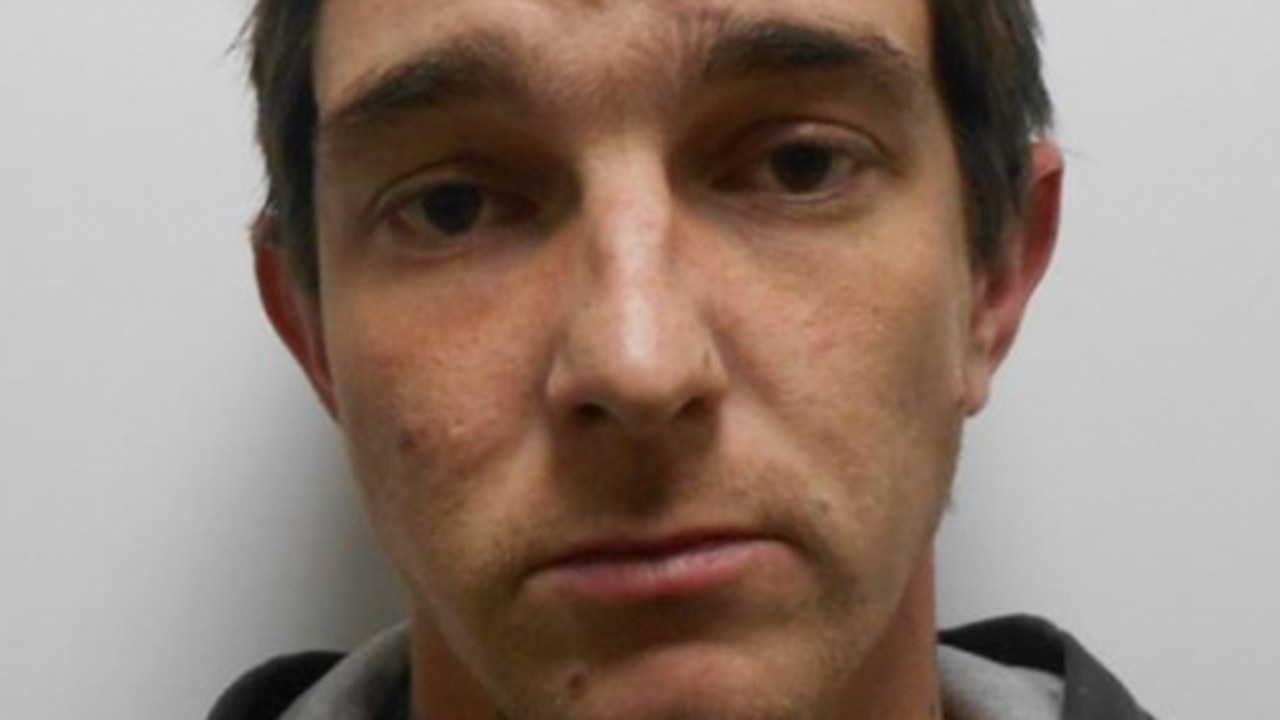Inquiry into Kathleen Folbigg children’s deaths probes diary entries
A forensic psychologist has shared fresh insights into the diaries of an infamous child killer and how she handled her grief.
NewsWire
Don't miss out on the headlines from NewsWire. Followed categories will be added to My News.
A forensic psychologist has suggested at an inquiry that the diary confessions used to convict infamous child killer Kathleen Folbigg actually referred to a different type of guilt.
Forensic psychologist Patrick Sheehan hypothesised that Folbigg, 55, had believed she was being punished by “external forces” and blamed those reasons on why her babies died, the inquiry heard.
Folbigg was found guilty of three counts of murder and one of manslaughter in 2013 after her babies Patrick, Sarah, Laura and Caleb died in suspicious circumstances between 1989 and 1999.
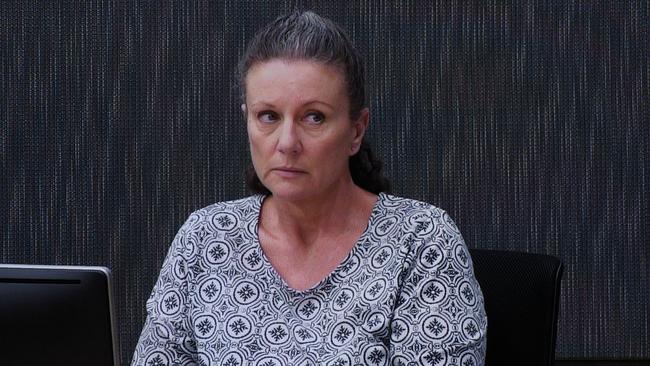
She is serving a 30-year prison term with a 25-year non-parole period. She is not eligible for parole until 2028.
The inquiry is working to determine if new scientific developments prove the babies died of natural causes linked to a genetic mutation.
While there was never medical cause of death proven, the original trial found the babies were likely smothered by their mother.
Mr Sheehan told the inquiry on Thursday that after analysing Folbigg’s diary entries provided to him, he proposed an alternative hypothesis to her written musings.
Those diary entries had previously been suggested to prove her guilt, when she had written about how she was responsible for her children “leaving” her.
But Mr Sheehan said he suggested Folbigg likely had a mood disorder and suffered from “avoidant characteristics” of trauma psychotherapy, where she “circumvented grief”.
“It’s noticeable in the diaries (she goes from writing about) a terrible loss, to going to the gym and losing weight and thinking about ‘our future together’, which is normal for people coming out of grief (to consider), but she seems to go straight there,” Mr Sheehan said.
“This is a formulation as well; this is my understanding reading all the material and analysing it and that’s my hypothesis as to what has happened and why she’s responded that way.”
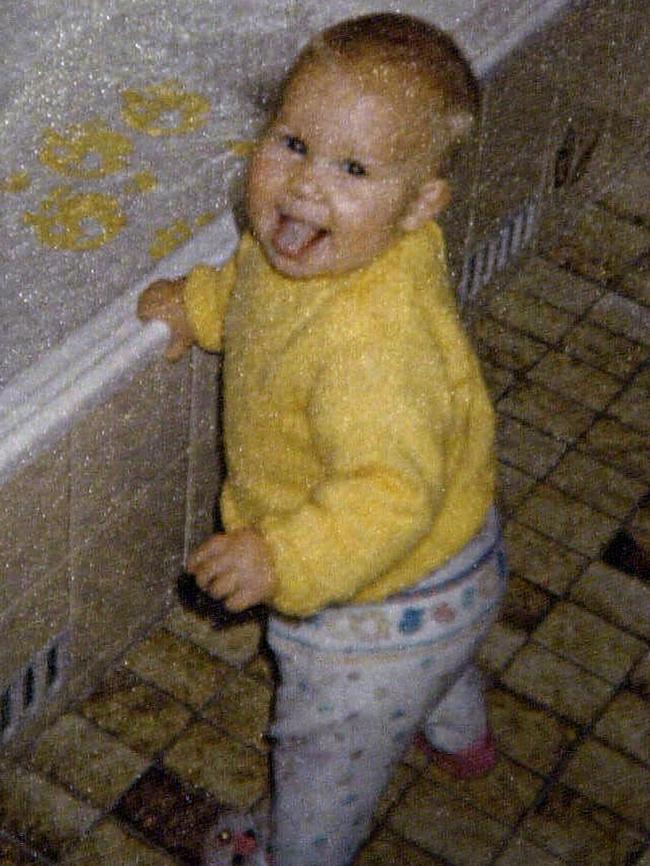
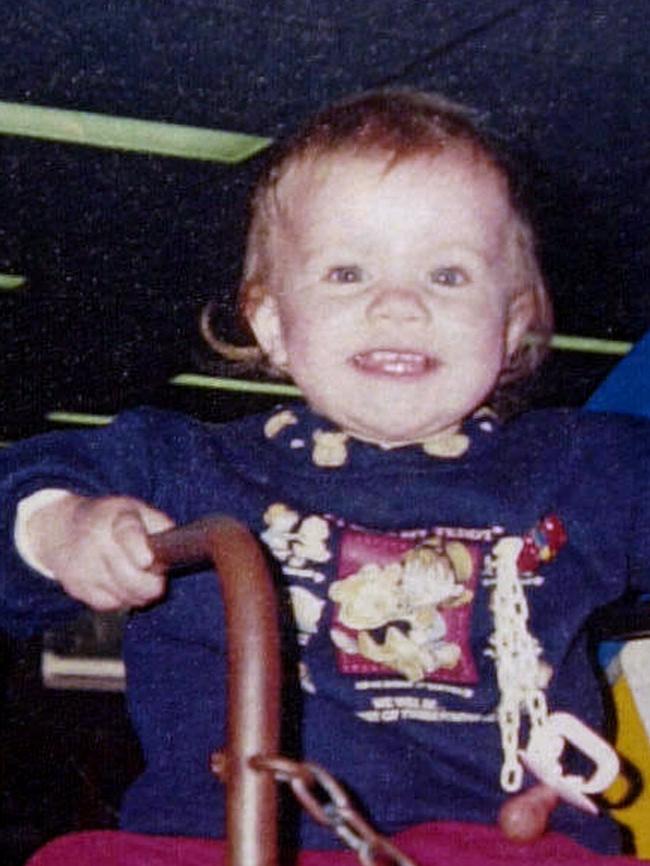
Mr Sheehan said he accepted it was “possible” the trauma Folbigg was experiencing when referencing her children’s deaths was because she had murdered them.
But he said there had been a “singular interpretation” of her diary entries leading people to believe her guilty.
“I think she has an alternative hypothesis with why her children would leave her,” Mr Sheehan said.
“It’s to deal with her own badness, or something she’s carried on through her terrible childhood or the sins of her father or failings as a mother.
“That’s a repeated theme in the diaries as well.
“It also fits in with her grieving, with her approach to grieving with her shutting down.
“You would imagine that a natural response would be to (wonder) ‘why does this keep happening, why have I lost one baby after another’.
“That’s part of grief process … but because she circumvents grief and moves straight to thinking about other things and not wanting to process, that is consistent with other things.”
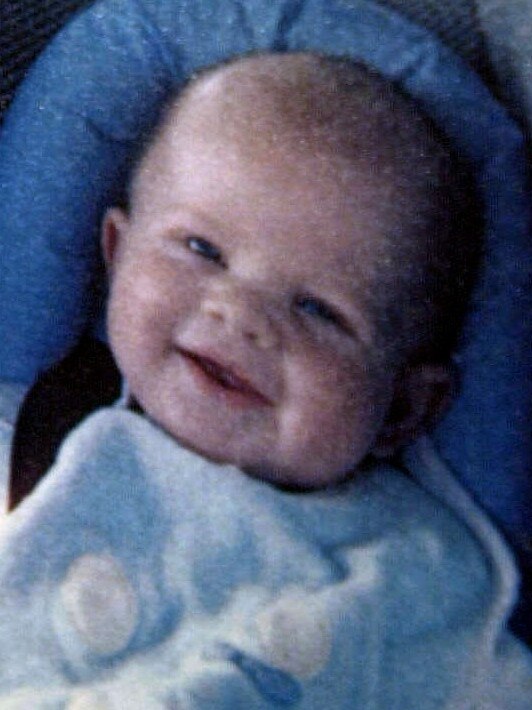
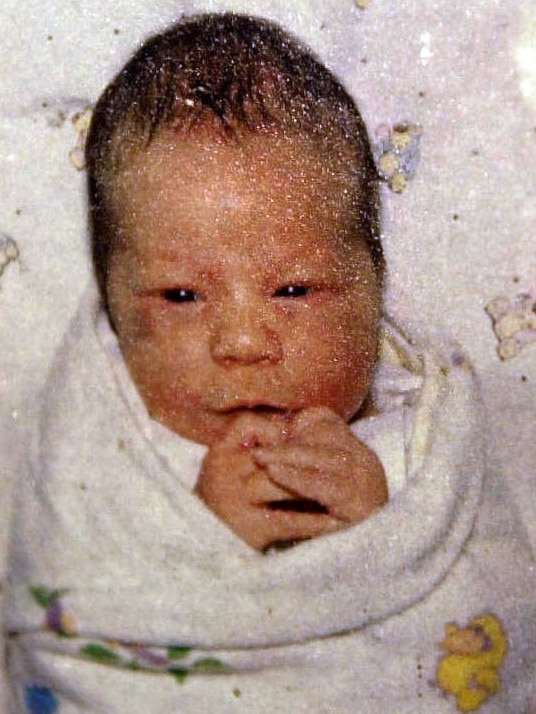
Mr Sheehan said he came to his hypothesis after trying to “stay away from the ultimate conclusion” she had been found guilty of murder and manslaughter.
“I understand why an investigator would look through that diary and seize on several of those (entries),” he said.
“I think there’s the statements that are jarring and it gets your attention, but if you look more fully through her psychology and the literature, there seems to be a better explanation from where I sit.
“I think if you assume Ms Folbigg murdered her children, then that’s how you would interpret (the diary entries), but if you don’t assume she murdered her children, I don’t think that’s how you would interpret (them).”
Forensic psychiatrist Dr Kerri Eagle told the inquiry the diary entries don’t reflect the “full context” of Folbigg’s feelings at the time she made the entries.
“The diaries just reflect a stream of consciousness and type of thought that may or may be fragmented or not fragments and is influenced by her fluctuating mental state at the time,” Dr Eagle said.
She explained while she hadn’t interviewed Folbigg, she had relied on material given to her by the inquiry to write her report, which diagnosed Folbigg with a major depressive order.
Dr Eagle said while it’s “very difficult” to determine Folbigg’s exact state of mind from a psychological point of view when interpreting the diaries, she could identify the 55-year-old was experiencing maternal grief.
When asked about the “absence of material grief” in the diaries, Dr Eagle said she disagreed there wasn’t any sign she didn’t show those feelings because her maternal grief was in “almost every piece of information” she saw.
“She may not have been grieving in a way certain people felt was acceptable or appropriate or conventional but she certainly seemed to show … striking hallmarks of a person who was grieving for her children,” she said.
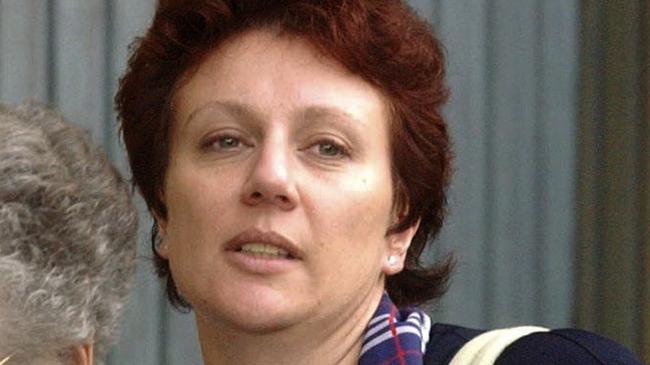
Dr Eagle referenced how Folbigg had become “upset and distressed” when she was asked during the first inquiry about the deaths of her children.
“She described (in the diaries) being hopeless, responsible, helpless, having difficulty sleeping, trying to rationalise what happened to the children and try to rationalise to herself where they’d gone,” Dr Eagle said.
Meanwhile, Dr Allan Cala, who had performed the autopsy on Laura after her death, was brought before the inquiry on Thursday.
He said he didn’t “find it difficult to accept” there would be no injuries present as a result of a child under the age of 19 months being smothered to death.
“In my experienced and I’ve done many cases of deceased infants over many years, it appears where they’ve been bed sharing in particularly and might have been accidentally smothered,” Dr Cala said
“Less than 12 months, findings of injuries on the face and the mouth can be a common incident but there might be no injuries to see, particularly under 12 months.
Dr Cala had originally referred the death of Laura, and ultimately the deaths of her siblings, to police as a result of his autopsy.
The inquiry continues.
Originally published as Inquiry into Kathleen Folbigg children’s deaths probes diary entries



